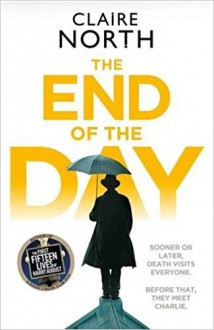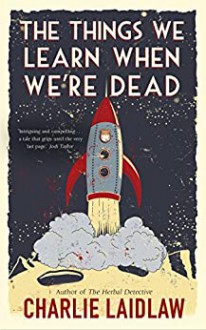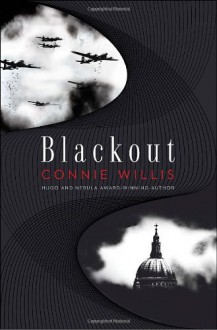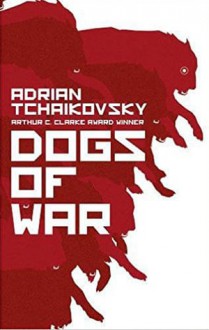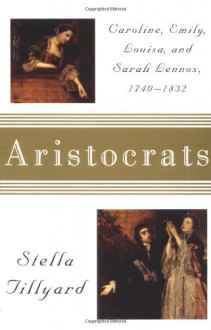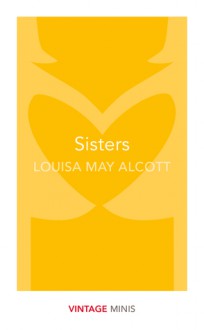
This book started as a 4-star book, then dropped to a 2-star book and finally by the end is an “it was fine” 3-star. The writing of this book was lovely. I found myself entranced by the prose and would look up to find that several hours had passed. Just last night I was so enthralled with the plot and the writing that I stayed awake reading until 2 a.m. It’s not surprising that the book only took me 3 days to finish.
I love books about witches, probably because I am one. I love books that explore the role of witchcraft in history and how women have historically used this knowledge to empower themselves. The characters were rich and I enjoyed them all.
The basic premise is that Harriet and Francis are descended from a witch named Bridget Bishop. Bridget was executed in the 1600’s for witchcraft. Harriet’s side of the family tree has adopted the gentler side of the craft, using it mainly for herbalism and assisting locals with their various ailments and ills. Francis’ side of the family tree had adopted the “bad” side of the craft, manipulating and magically forcing others to do their bidding in order to gain power for themselves. Annis is a young girl from the family tree who is just coming into her powers and for whom Francis has nefarious plans. Harriet endeavors to stop this plot and it culminates in a clash between the two witches with Annis as the prize.
This book was a slow burn with not a lot of action to it, and I was fine with that. The information being presented was largely interesting and once we did get the showdown between Harriet and Francis it was really refreshing and exciting. That portion is what kept me up most of the night.
***Spoiler alert:*** From this point on there will be spoilers.
The biggest problems I had with the book are the ending and that this book didn’t know what it wanted to be.
Is it the story of Annis? A girl ahead of her time, bucking the norm, and determined to make her own way with her newfound powers. Is it the story of a 200 year old battle between two sides of a family to ultimately decide if they are bad witches or good witches? Is it a story of the temptations of good and evil and the blurry gray area in between? Unfortunately it could have been all of these things, but ended up being none of them. None of these things are explored in any depth and I was really disappointed by that.
The ending was very plain. James and Annis decide that they didn’t just have feelings for each other because of magic, they actually do love each other and want to get married. How boring. How predictable. And then we are subjected to a very long lecture about how James might seem like a good man, but we should keep his manikin around just in case he decides to start behaving like an ass later. Because he’s a man after all, so you just never know and a woman can’t be too careful. Why can a novel not show us strong women without equaling telling us about how all men are asses? Even ones who aren’t asses but they might decide to be later because….well they’re a man. I am weary of it. It is possible to tell a story about strong, empowered women without demeaning men. I promise it is.
There was also an unintended moral problem in the story. We are told early on that good witches use their powers to help, bad witches use their powers to compel. Bad witches will always succumb to darkness and be lost to a lust for power. But on at least 3 occasions the “good” witches use their magic to persuade people to give them things. A horse, money, and then more money. All for their own benefit. So while those people may not have been harmed, the man was reimbursed for the horse and the money was plentiful and wouldn’t be missed, does that make it okay? What is the difference between magically persuading someone to give you something and just outright forcing them to give you something? Unfortunately, I don’t think the author intended for this issue to be presented and so we never get the answer to that question. In the end, even evil magic can be tucked away in a corner for safekeeping…just in case, and one will still be a good witch.

 Log in with Facebook
Log in with Facebook 
